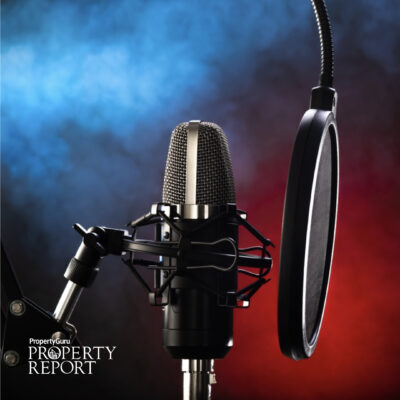China toughens rules for pawn shop lending
Pawners in the mainland oft-use real estate as collateral

The central Chinese government is tightening regulations over pawn shops in a bid to gain more oversight of the shadow banking industry and the rise of property-backed loans used for undisclosed purposes, Bloomberg reported.
Having taken over jurisdiction of pawn shops from the Ministry of Commerce last year, the China Banking and Insurance Regulatory Commission (CBIRC) is drafting new rules that will, among others, raise the minimum capital requirement for pawn shops from its current level of CNY3 million (USD447,000).
The plans are the latest in Beijing’s more than two-year campaign to place the country on solid financial footing and crack down on the USD9-trillion shadow banking industry.
More: A tale of two tiers in China
Chinese pawn shops extended the equivalent of USD43 billion in loans in 2017, often to small businesses. While they come at higher interest rates than those from banks — Shanghai lending rates typically go for a staggering 24 percent annually — pawn shop loans do not require small business owners to disclose the purpose of the funds.
More than half of loans extended by pawn shops in 2017 were property-backed. Shops typically compel pawners to pledge 40 percent of the value of their apartments as collateral.
Pawn outlets in recent years have come to accept other collateral such as stocks, luxury watches, jewelry, and automobiles.
Chinese pawn shops now number more than 8,500, double the figure in 2010, Bloomberg noted.
Recommended
Dewan Architects’ Mohammed Adib leads with human-centred design and technological innovation in the Middle East and beyond
Mohammed Adib channels his childhood curiosity and dislike for design uniformity into his work at Dewan Architects + Engineers
UAE real estate shifts focus to sustainability and quality, revitalising iconic projects
The UAE has risen from its challenges to emerge as a more sustainable, quality-focused destination
Exploring A Life By Design’s maximalist approach to interior design
Andrea Savage is embracing the maximalist trend with bold and vibrant interior designs
Jakarta’s emerging innovation hub integrates tech and healthcare sectors
The Digital Hub in BSD City is being positioned as Indonesia’s counterpart to Silicon Valley







